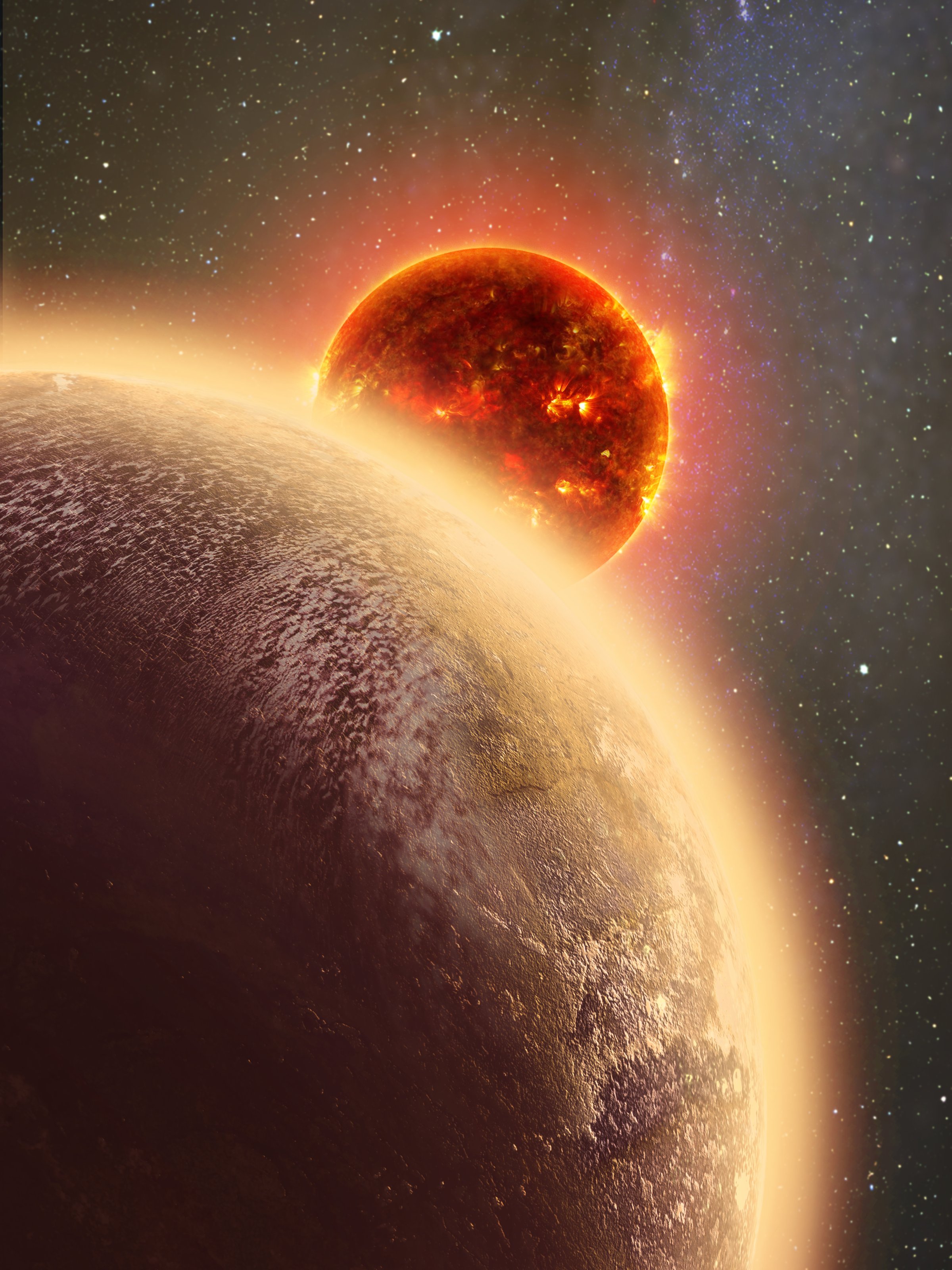
Harvard astronomers have discovered a Venus-like planet — and they want to study in detail.
At only 39 light-years away the planet, GJ 1132b, is relatively close to Earth and astronomers hope to view it in detail with the Hubble Space Telescope and other observatories, according to the Harvard-Smithsonian Center for Astrophysics.
“Our ultimate goal is to find a twin Earth, but along the way we’ve found a twin Venus,” said astronomer David Charbonneau in a statement. “We suspect it will have a Venus-like atmosphere too, and if it does we can’t wait to get a whiff.”
GJ 1132b orbits a star only one-fifth the size of the Sun. The star emits only a fraction of the light the Sun does, but GJ 1132b is closer to it than any planet in our solar system at a distance of 1.4 million miles (Mercury has an orbit of 36 million miles).
At that distance the planet sits at an approximate temperature of about 450 degrees Fahrenheit—hot enough to boil any water the planet may have once held, but still cool enough to allow for the possibility of an atmosphere.
GJ 1132b is 16 percent larger than Earth, at a diameter of about 9,200 miles. The planet also has an Earth-like force of gravity, Harvard-Smithsonian astronomers say. On GJ 1132b, a person would weigh only about 20 percent more than they do on Earth.
More Must-Reads From TIME
- The 100 Most Influential People of 2024
- The Revolution of Yulia Navalnaya
- 6 Compliments That Land Every Time
- What's the Deal With the Bitcoin Halving?
- If You're Dating Right Now , You're Brave: Column
- The AI That Could Heal a Divided Internet
- Fallout Is a Brilliant Model for the Future of Video Game Adaptations
- Want Weekly Recs on What to Watch, Read, and More? Sign Up for Worth Your Time
Contact us at letters@time.com